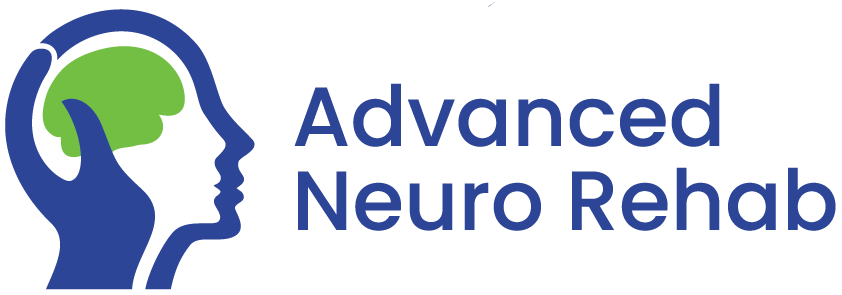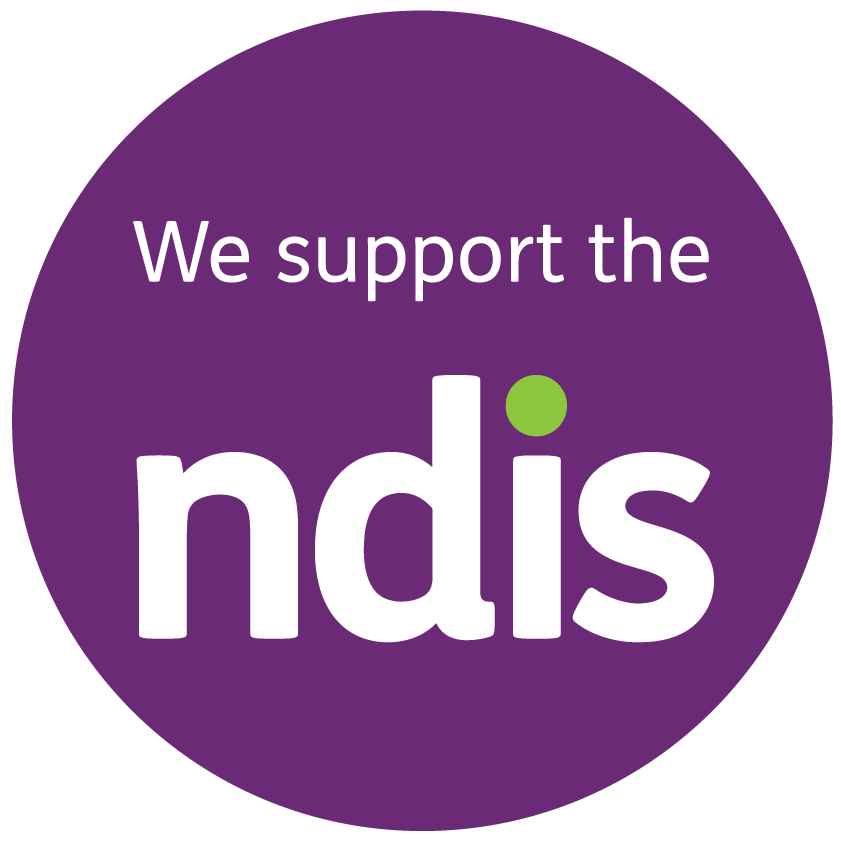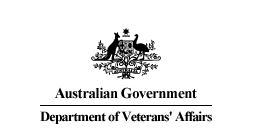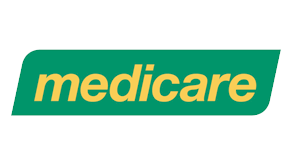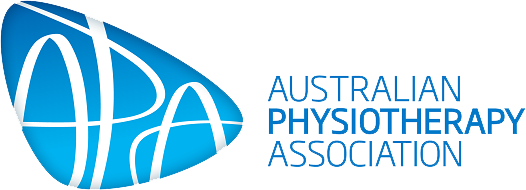Brain Injury
ANR can provide rehabilitation for balance training, gait training, vestibular rehabilitation for dizziness as well as progressive strengthening and cardiovascular fitness programs. We target those factors that most limit people's ability to engage in activities of daily living, to help maximise quality of life.
Guillain-Barré Syndrome
Guillain-Barré syndrome (GBS) is a rare neurological disorder in which the body's immune system mistakenly attacks part of its peripheral nervous system. We understand the importance of starting a specific physical rehabilitation regime in order to prevent complications and maximise speed of recovery.
Multiple System Atrophy (MSA)
Multiple System Atrophy (MSA) is a rare neurodegenerative condition. Physical symptoms may include problems with movement, balance, speech and co-ordination, neurological physiotherapy can help help with improving movement, pain management and keeping as active as possible.
